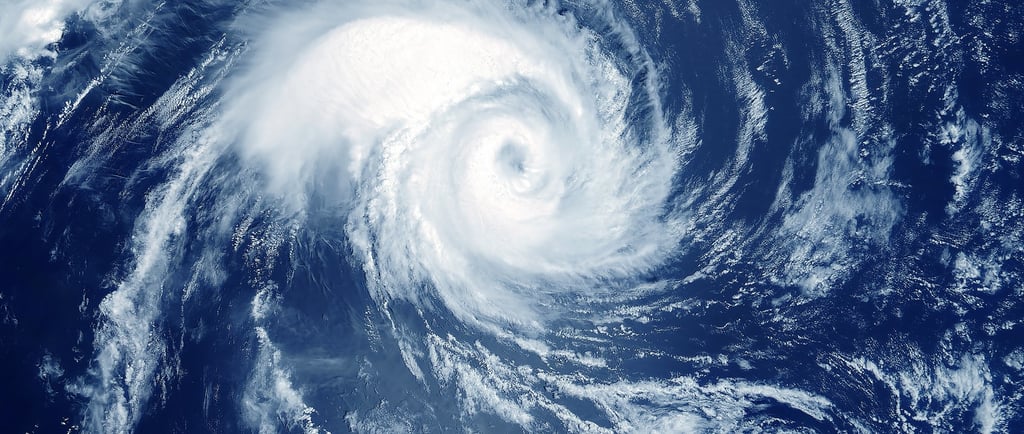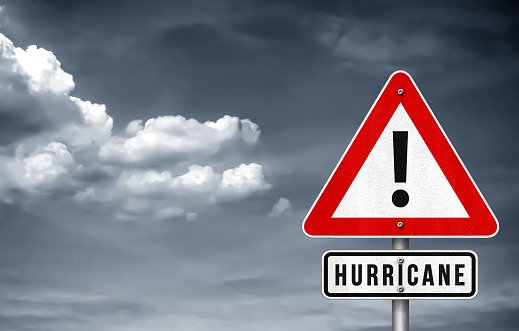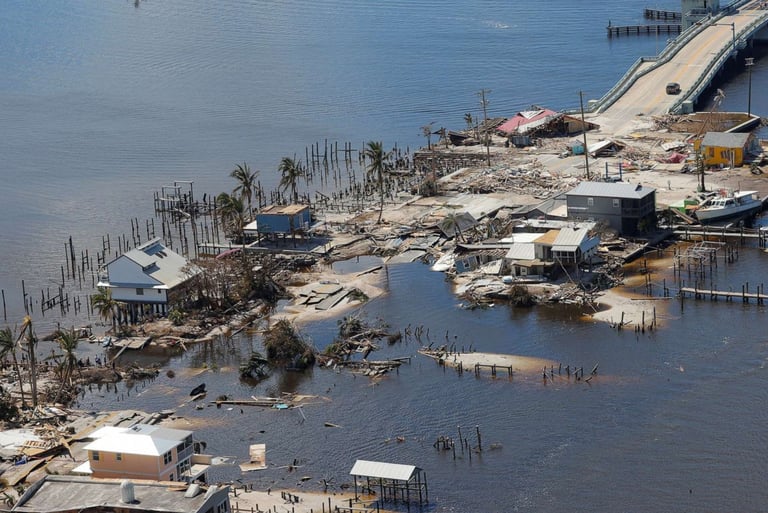Hurricanes
ENVIRONMENTAL ISSUES
Danny Xu
7/3/20253 min read


Whether called a cyclone, hurricane, or typhoon (depending on the region), hurricanes are one of Earth's most common natural disasters. Hurricanes form over the ocean's water and as they get closer to land, result in strong winds, excessive flooding, heavy rainfall and can sometimes even form tornados
Annually, hurricanes, one of Earth's most destructive natural disasters leaves its mark on homes, communities, and people. With flooded streets, lives lost, and lots of rebuilding to do, despite not being able to prevent hurricanes from happening, as a result of climate change and environmental damage, these disasters have only been getting worse.


How do Hurricanes Form?
Hurricanes start of small and have to take place above warm ocean waters and gradually get bigger and bigger. As the sun heats the ocean, the warm water heats the air that rests above it. As tropical disturbances occur, which are smaller storms in warm waters, the surrounding warm atmosphere allows the air to continue to rise and turn into clouds as it cools when it approaches the Earth's atmosphere, creating rain and releasing more heat which continues to cycle, fueling the storm more and more.
However, these aren't the only conditions needed. Low air pressure should also be present for forming a hurricane as this gives an additional boost for air to rise up.
Lastly, Earth's rotation results in hurricanes to have a curvature which keeps the clouds close to the eye of the storm instead of having the clouds scatter in different directions after forming. The spin also strengthens the speed of the winds, making hurricanes more deadly.
How is Climate Change Making Hurricanes More Deadly?


Climate change has presented itself as one of Earth's most urgent issues as it results in activates like global warming which raises ocean levels, quicker melting in the North and South poles, unadaptable warmer conditions, increased water evaporation etc. However, another issue that global warming results in is it makes hurricanes more deadly and aggressive.
Even though climate change may not directly affect the frequency of hurricanes occurring, it leads to more intense and faster winds, stronger storm surge, and heavier rainfall which all have the potential to result in heavier destruction.
As said above, hurricanes are warmed in the presence of warm ocean water so as global warming heat the oceans more than before which gives more fuel for hurricanes to become more powerful. Warmer air also holds more water vapor which creates more rain and can lead to intense flooding to occur more.
Some evidence of this is Hurricane Harvey, which was predicted by scientists to produce 38% less rainfall if climate change was not so intense.
Being Mindful Moving Forward
Global warming results in many issues for the Earth and hurricanes are just one of the examples. However, hurricane destruction results in the loss of tons of money for rebuilding as well as lives so it is important to reduce the effects of global warming as much as possible.
Some ways for everyone to reduce global warming would be considering to walk to places that don't require a car, reusing and recycling items to reduce greenhouse gas emissions from landfills, and turning off energy sources like lights when not in use.
